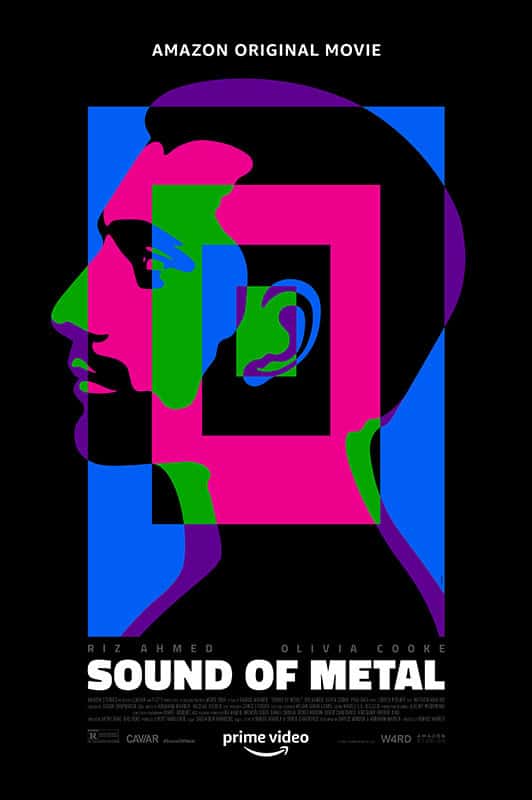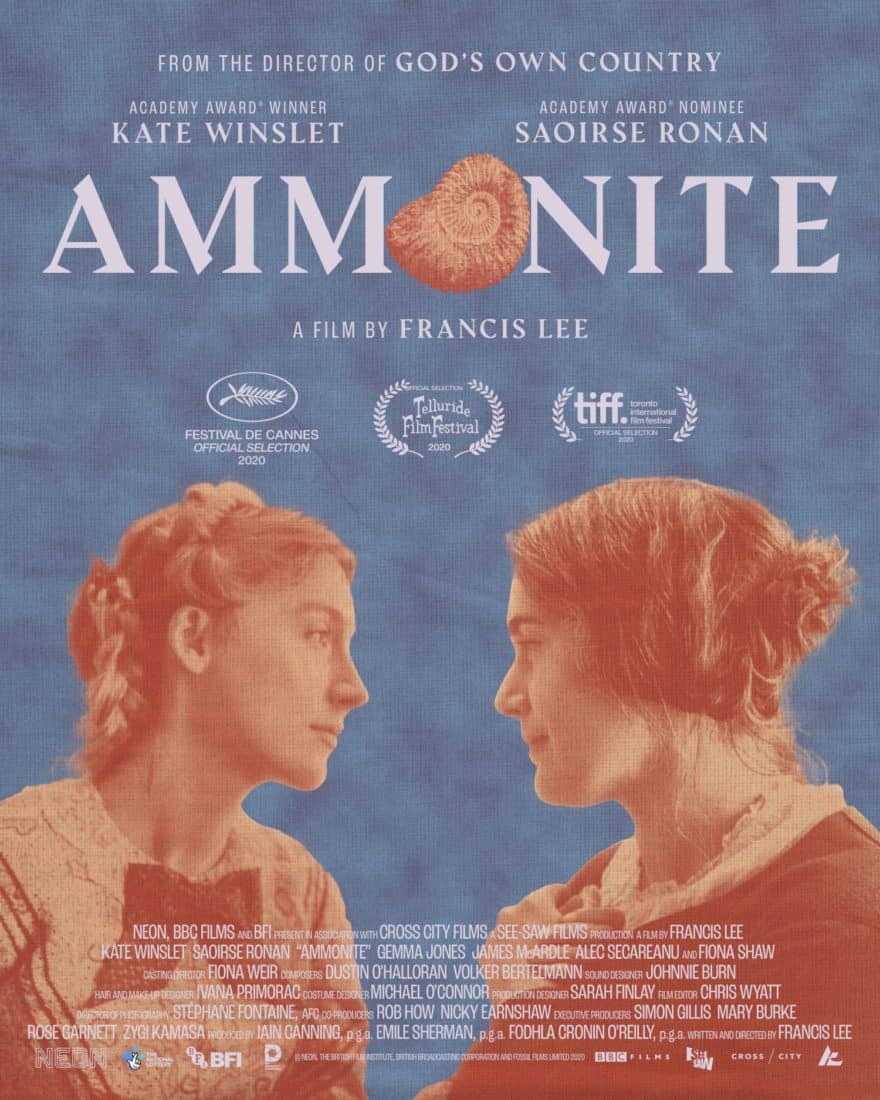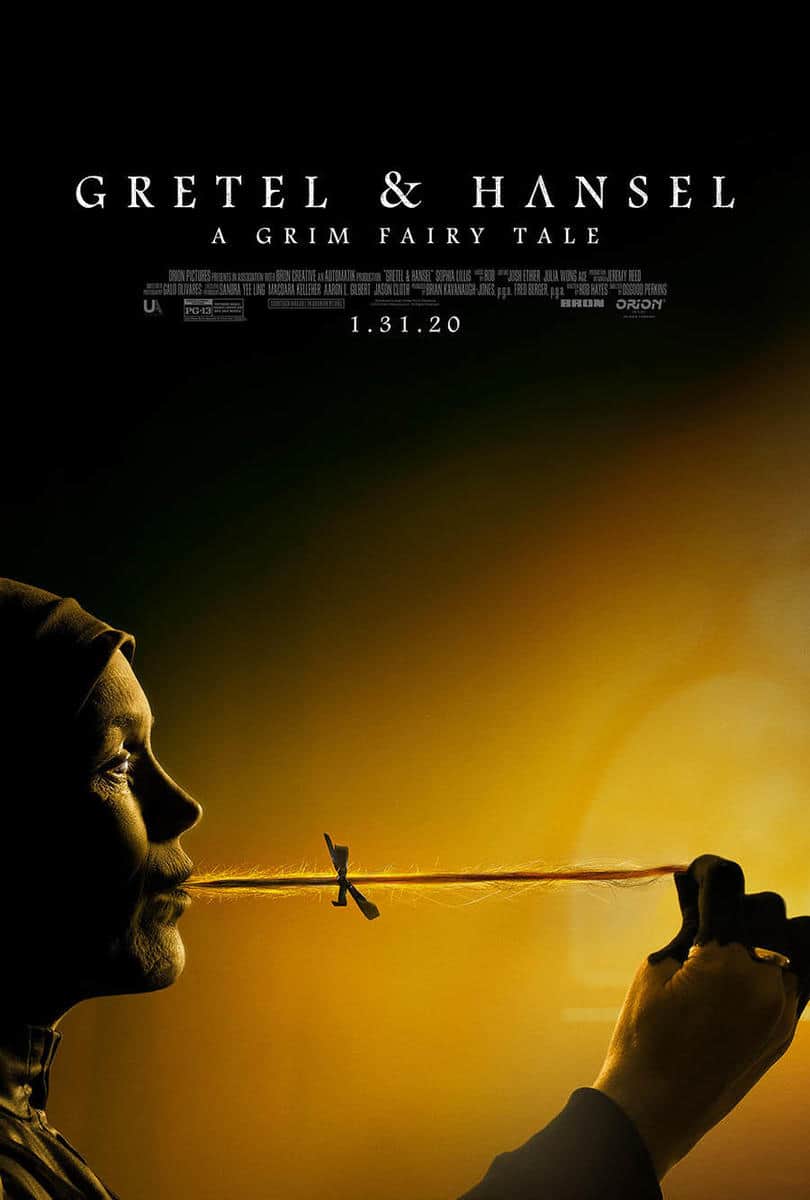
Too often film music takes things a bit too seriously, making Nathan Johnson’s score to Knives Out all the more refreshing. Johnson manages to have some fun without it becoming completely irreverent. The clearest example is “The Thrombey Family Theme,” which plays in variants throughout the score. The main piano melody dances between slower, somber and mysterious notes into more energetic and intriguing passages; it is at once deliberately playful and deliberately devious.
I’ve never been a big fan of Randy Newman’s singing and, as a result, tended to dismiss his work as a film composer. What a mistake. Marriage Story is wonderful. Newman is a master at creating wholesome, heartwarming music where even in the darkest moments there’s an overwhelming feeling that everything will get better. The hope Newman’s music brings – regardless of how true or lasting it may be – proves a much-needed foil to today’s rampant cynicism.
A New King is Crowned
Listening to the first minute of The King tells you all you need to know – Nicholas Britell is currently the best of this generation of film composers. Britell weaves the somber and tender tones that have become staples of his scores into an array of genres he hasn’t yet encountered in his film music, including medieval and American minimalism. It’s a stunning success, leading to a level of grandeur and majesty fitting both for the rise of a king and the film’s gorgeous cinematography.
A New Type of Experimentation
Experimental film music comes in many forms, and Mike McCready’s score for The Gift: The Journey of Johnny Cash proves experimental in its simplicity. The score feels more like a multimedia composition, the merging of music and spoken word. McCready’s meandering guitar creates a dark, ethereal atmosphere in which floats ghostlike interview snippets. Despite the relative straightforwardness of combining music with sampled/archival dialogue, it is exceedingly rare in film music releases. The result is such an effective journey and exploration on its own, it’s questionable how much more effective (if at all) imagery can make this composition.
A Relatively Newer Voice Makes a Splash
In I Lost My Body. Dan Levy showcases an impressive number of genres, all in under an hour. Levy moves from synth and ambient to acoustic and hip hop (with the help of some guest musicians). Most scores consisting of numerous genres feel messy and unfocused, but Levy avoids this. Instead, the exploration gives a fantastic variance and leads to several deep, emotional punches. Hopefully I Lost My Body becomes a jumping off point for Levy, as his is a voice we should hear more of.



